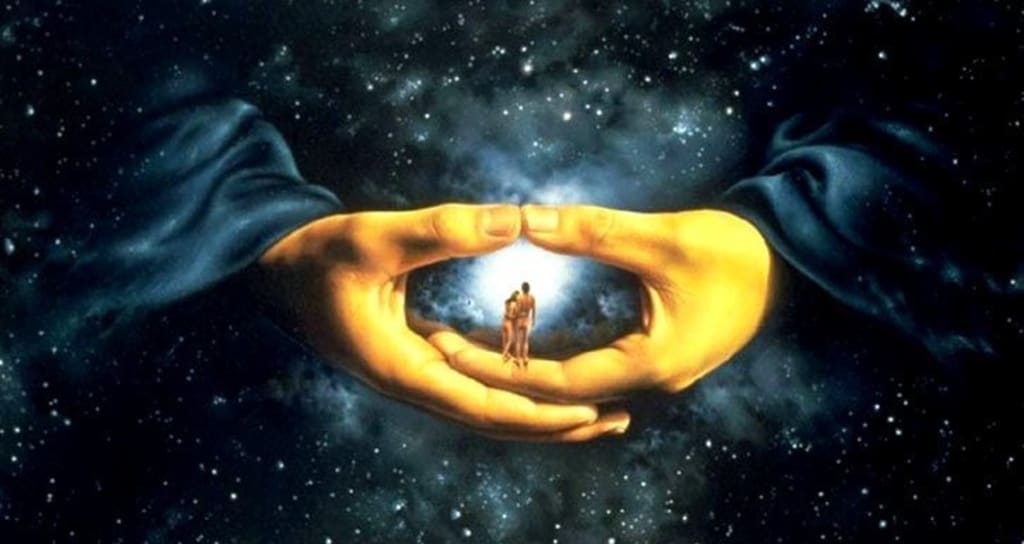
The question of whether or not there is a God is one of the oldest and most debated topics in human history. It is a question that has been asked by philosophers, theologians, and scientists for centuries, and it continues to be a topic of great interest and debate today.
There are many different arguments that have been put forward for the existence of God. The most famous of these is the cosmological argument, which states that the existence of the universe requires a cause, and that cause must be God. Another argument is the teleological argument, which states that the complexity and design of the universe and living things points to the existence of a designer, which is God.
On the other hand, there are also many arguments that have been put forward against the existence of God. One of these is the problem of evil, which states that the existence of evil and suffering in the world is incompatible with the existence of an all-powerful, all-knowing, and all-good God. Another argument is the argument from nonbelief, which states that if God existed, then more people would believe in him and there would be less atheism in the world.
Many people also argue that the question of whether or not there is a God is a matter of personal belief, and that there is no way to prove or disprove the existence of God. They argue that it is a question of faith, and that one must simply believe in God or not based on personal conviction.
In addition to these arguments, the question of God's existence is also influenced by many other factors such as culture, upbringing and personal experiences. Many people's belief in God is shaped by their experiences growing up in a particular religious tradition, while others may have had personal experiences that have led them to believe in God.
There are also many different concepts of God, and different people may have different understandings of what it means for God to exist. For example, some people believe in a personal God who intervenes in the world and answers prayers, while others believe in a more impersonal force that is responsible for the creation and order of the universe.
In conclusion, the question of whether or not there is a God is a complex and multifaceted one that has been debated for centuries. There are many arguments for and against the existence of God, and it is a question that is influenced by many different factors such as culture, upbringing and personal experiences. Ultimately, whether or not there is a God is a matter of personal belief and faith, and it is something that each individual must decide for themselves.
Another important aspect to consider when discussing the existence of God is the concept of multiple gods or polytheism. Many ancient cultures believed in multiple gods and goddesses, each responsible for different aspects of life and the natural world. In contrast, monotheistic religions such as Judaism, Christianity, and Islam believe in one all-powerful, all-knowing God.
The scientific approach to understanding the world also plays a role in the question of God's existence. The scientific method relies on evidence and experimentation to understand the natural world, and many scientists argue that the natural laws and processes that govern the universe can be explained without the need for a supernatural or divine force. However, some scientists and philosophers argue that the complexity and beauty of the natural world point to the existence of a higher power or intelligence.
Another perspective on the existence of God is the idea of different planes of reality or multiple dimensions. Some belief systems propose that there are different levels of existence beyond our physical world and that God or a higher power exists in those realms. Additionally, some people propose the idea of a pantheistic god, in which god is identified with the universe and its laws.
In short, the question of whether or not there is a God is a complex and multifaceted one, with different perspectives and arguments that influence the discussion. Some argue for the existence of God based on philosophical and theological arguments, personal experiences, or scientific evidence, while others argue against the existence of God based on the problem of evil, the argument from nonbelief, or the idea that the natural laws of the universe can be explained without the need for a divine force. Ultimately, the question of God's existence is a deeply personal one, and each individual must come to their own understanding and belief






Comments
There are no comments for this story
Be the first to respond and start the conversation.